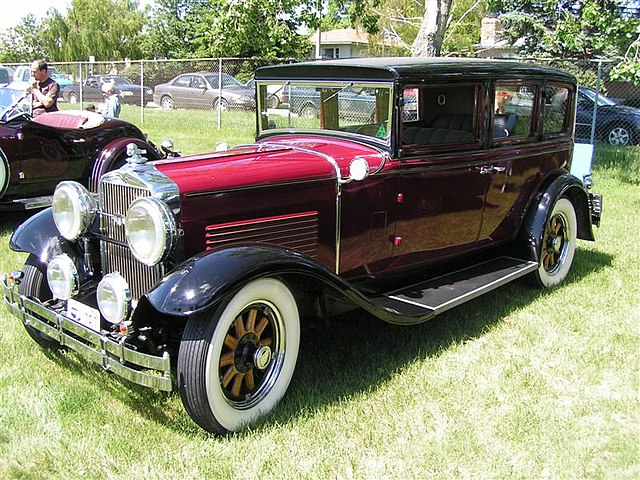In the not-so-distant past, the idea of electric cars seemed like science fiction. Today, they are a reality on our roads, representing a paradigm shift in the automotive industry. The evolution of electric cars has been nothing short of remarkable, with advancements in technology, sustainability, and performance. This article takes you on a journey through time to explore the fascinating history and promising future of electric vehicles.
Early Beginnings: The Birth of Electric Cars
The concept of electric vehicles dates back to the 19th century when inventors like Thomas Davenport and Robert Anderson created rudimentary electric carriages. However, it was in the 20th century that electric cars began to gain some traction, especially in urban settings where their quiet and emission-free operation was valued.
In 1837, Robert Anderson, a Scottish inventor, is credited with building one of the first crude electric carriages powered by non-rechargeable batteries. This innovation laid the foundation for further developments in the electric vehicle industry.
The Rise, Fall, and Resurgence
Electric cars gained popularity in the early 20th century, with brands like Detroit Electric producing them for the elite. However, the mass adoption of gasoline-powered vehicles soon overshadowed electric cars due to limitations in battery technology, range, and charging infrastructure.
The oil crisis of the 1970s sparked renewed interest in electric vehicles as a solution to energy dependence. Still, it wasn’t until the early 21st century that significant advancements in battery technology and environmental concerns led to a resurgence of electric cars.
The Game-Changer: Tesla’s Influence
When we talk about the evolution of electric cars, it’s impossible not to mention Tesla. Founded by Elon Musk in 2003, Tesla Motors aimed to accelerate the world’s transition to sustainable energy. Tesla’s Model S, introduced in 2012, revolutionized the electric car industry. Its impressive range, cutting-edge technology, and sleek design made it a status symbol and a game-changer in the market.
Tesla’s success forced traditional automakers to reevaluate their approach to electric vehicles. Companies like Nissan, Chevrolet, and BMW began producing electric cars to compete in the growing market. This competition led to rapid advancements in electric vehicle technology, resulting in more affordable and accessible options for consumers.
Environmental Impact
One of the driving forces behind the evolution of electric cars is the growing concern over climate change and air pollution. Unlike gasoline-powered vehicles, electric cars produce zero tailpipe emissions. As renewable energy sources like solar and wind power become more prevalent, the carbon footprint of electric cars continues to decrease.
Governments worldwide are offering incentives and subsidies to promote electric vehicle adoption. These incentives, combined with lower operating costs and reduced environmental impact, make electric cars an attractive choice for environmentally conscious consumers.
Technological Advancements
The evolution of electric cars is closely tied to breakthroughs in battery technology. Lithium-ion batteries, which power most electric vehicles, have seen significant improvements in energy density, charging speed, and durability. This has resulted in longer driving ranges and faster charging times, addressing two of the most significant concerns of potential electric car buyers.
Moreover, electric cars are becoming smarter. They come equipped with advanced driver-assistance systems (ADAS) and are moving closer to autonomous driving capabilities. This not only enhances safety but also offers a glimpse into the future of transportation.

The Road Ahead
As we look to the future, the evolution of electric cars shows no signs of slowing down. Automakers are investing heavily in research and development to create even more efficient and affordable electric vehicles. Charging infrastructure is expanding rapidly, with fast-charging stations becoming increasingly common.
In addition to personal transportation, electric cars are making their mark in the commercial sector, with electric buses, trucks, and even airplanes in development. These advancements promise to revolutionize industries and reduce greenhouse gas emissions.
Conclusion
The evolution of electric cars from their humble beginnings to the cutting-edge vehicles of today is a testament to human ingenuity and our commitment to a sustainable future. As technology continues to advance and environmental concerns grow, electric cars are poised to become the norm rather than the exception on our roads.
So, whether you’re a die-hard electric vehicle enthusiast or just curious about the future of transportation, the evolution of electric cars is a fascinating journey that we should all be excited to be a part of. Come and visit DidYouKnowCars to find additional tips and information about automobiles.





